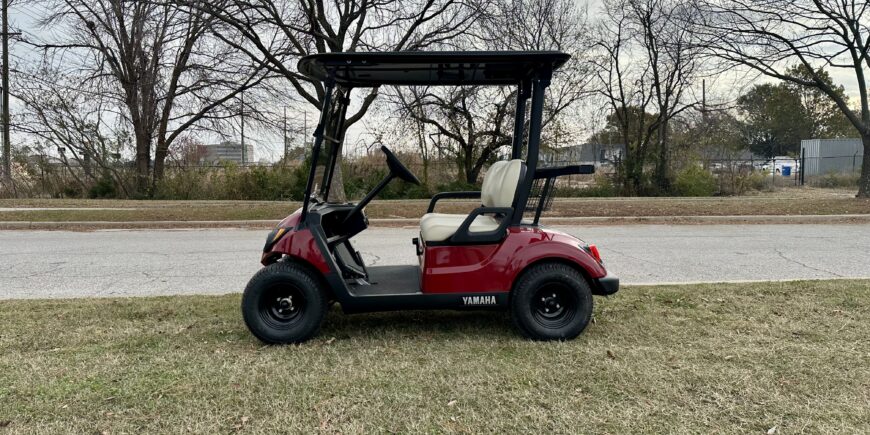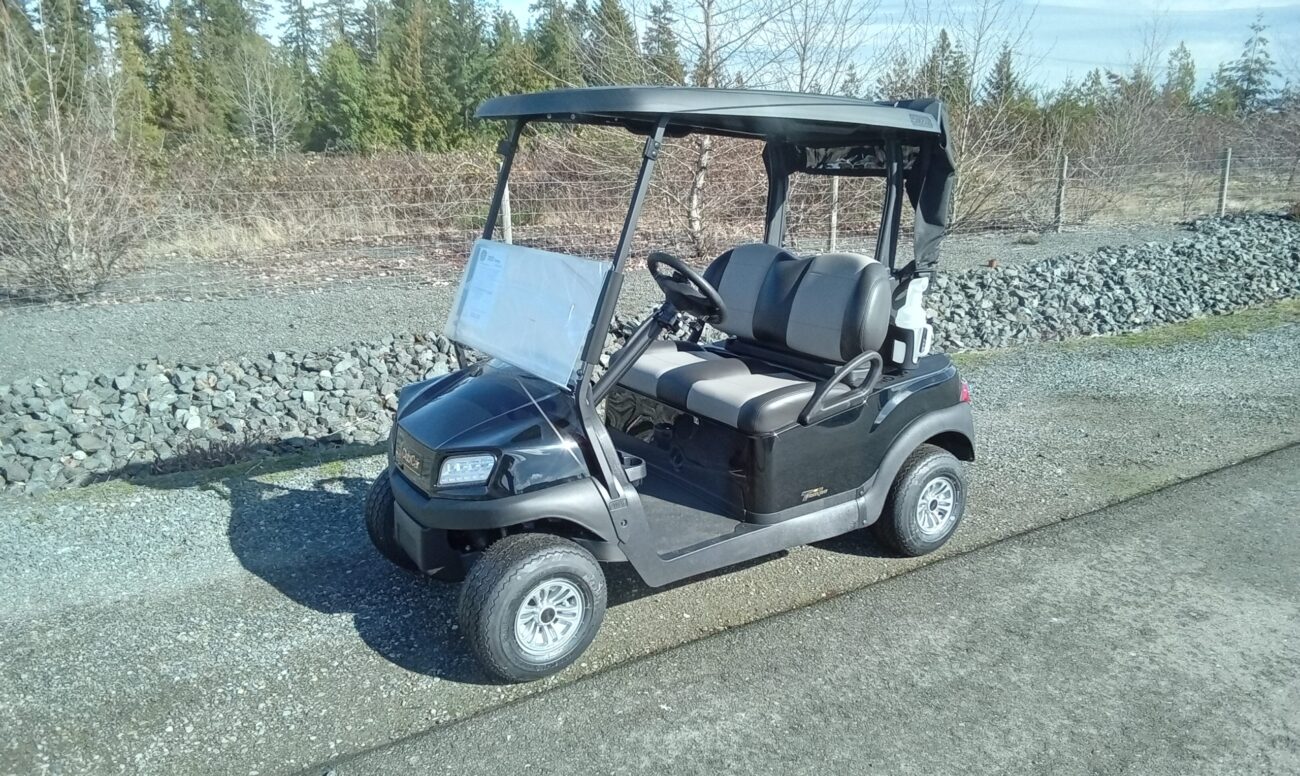
Do Golf Carts Need Titles Understanding Ownership and Street Legality
Wondering if golf carts need titles? The answer depends on how and where you use them, especially if converting them into street legal golf cart vehicles.
What Is a Title and Why Does It Matter?
A vehicle title is a legal document that proves ownership and is typically required for motor vehicles operated on public roads. For cars, trucks, and motorcycles, having a title is essential for registration, resale, and insurance. But what about golf carts?
Do Golf Carts Need Titles?
In most states, golf carts used on private property—like golf courses, resorts, or gated communities—do not need titles. These vehicles are considered recreational and aren't governed by the same regulations as street-use vehicles.
However, the rules change significantly if you're planning to drive your golf cart on public streets. In that case, you’ll need to consider converting it into an LSV (Low-Speed Vehicle) or a street legal golf cart.
When Do Golf Carts Need Titles?
If you convert your golf cart to meet street-legal requirements, you’ll likely need a title to register it for public road use. This typically applies if:
- You operate the cart in neighborhoods with public road access
- You intend to insure your golf cart
- You want to sell or transfer ownership formally
- You live in a state that mandates titling for LSVs
Each state has different rules, so always check with your local Department of Motor Vehicles (DMV) or equivalent agency.
How to Make a Golf Cart Street Legal
To drive your golf carts on public roads, you must modify and register them as street legal golf carts or LSVs. This involves meeting federal and state regulations regarding safety equipment and performance.
Typical Requirements Include:
- Headlights and tail lights
- Brake lights and turn signals
- Horn and rear-view mirrors
- Windshield (often DOT-approved)
- Reflectors or safety triangle
- Seat belts for each passenger
- Speed capacity: Must reach between 20–25 mph
- Vehicle Identification Number (VIN): Assigned or stamped
- Insurance and Registration: As required by the state
Once these upgrades are completed, the vehicle can be inspected (if required) and registered with your DMV. That’s when a title is usually issued.
What Is an LSV and How Is It Different from a Golf Cart?
An LSV is a federally defined Low-Speed Vehicle designed for limited road use. While golf carts are often limited to 15–19 mph, LSVs can legally operate at 20–25 mph on roads with a speed limit of 35 mph or lower.
Although many golf carts can be upgraded to LSV status, not all are structurally capable of supporting the required features. That’s why many manufacturers now offer street legal golf cart models directly, pre-equipped with all necessary components.
Do All States Require Titles for Golf Carts?
No, and this is where it gets complex. Here’s a quick overview:
- Florida, California, Texas: Titles are required for street legal LSVs, optional for private use carts
- Arizona, Georgia: Some counties require titles for all golf carts operated in certain communities
- Indiana, North Carolina: Golf carts without street-legal conversion typically don’t require titles
Always check with your state DMV for the latest and most accurate guidelines.
What If Your Golf Cart Doesn’t Have a Title?
If you bought a used golf cart and it didn’t come with a title, don’t panic. In most private-use cases, it’s not an issue. However, if you want to register or insure the cart for road use, you may need to:
- Request a title application through the DMV
- Provide a bill of sale or original invoice
- Undergo VIN inspection or assignment
In some cases, you may be required to have the cart weighed or inspected for roadworthiness.
Conclusion
To summarize: if you use your golf carts only on private property, you likely don’t need a title. But if you're converting it into a street legal golf cart or registering it as an LSV, a title becomes essential. Always follow your state’s rules, and when in doubt, consult your DMV.





Add a review
Your email address will not be published. Required fields are marked *